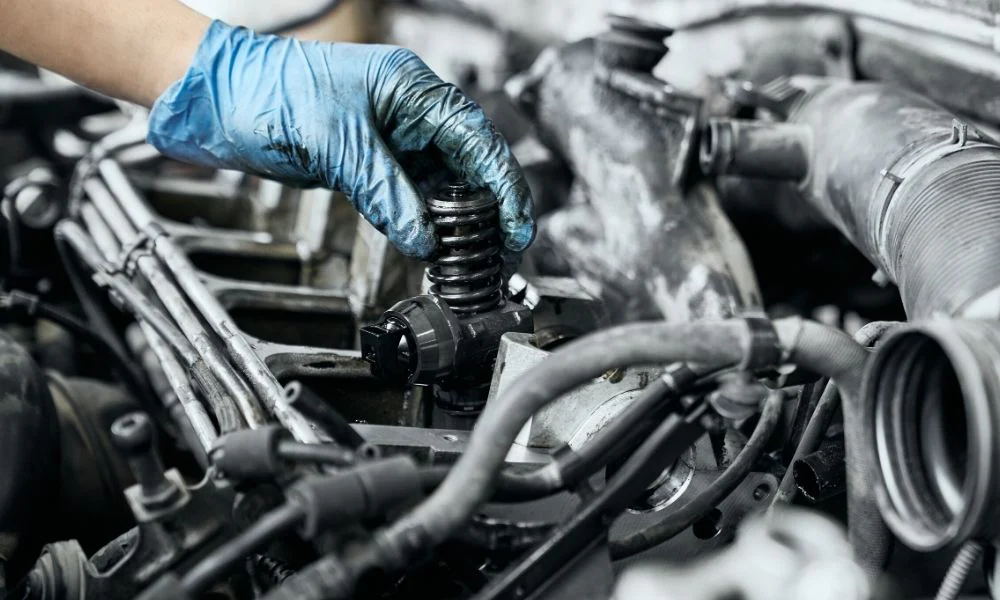
The preservation of environmental sustainability and the realization of financial savings associated with a vehicle are contingent upon the maintenance of its fuel economy. The fluid levels and overall condition of the vehicle are essential elements that significantly influence fuel economy. To ensure that the fluids essential for vehicle operation are maintained at optimal levels and in superior condition, it is imperative to conduct professional fluid inspections. Automobile proprietors can enhance their driving experience by adopting a proactive approach and understanding the relationship between fuel efficiency and the upkeep of essential fluids.
The Significance of Adjustable Levels
The levels of fluids are crucial to the overall functioning of a vehicle. This encompasses the various fluids utilized in engines, transmissions, coolants, power steering systems, and braking mechanisms. Each of these fluids fulfills a specific function that significantly enhances the operational efficiency of the vehicle. Insufficient engine oil levels, for instance, can lead to heightened friction among moving parts, resulting in diminished performance and escalated fuel consumption. To ensure smooth operation and optimal engine performance, a thorough fluid inspection guarantees that all essential fluids are maintained at the appropriate levels. Going for the auto shop in Littleton, CO is a nice idea here.
Excellence Matters
Ensuring the appropriate levels of fluids is essential; however, the quality of these fluids also plays a significant role in influencing fuel economy. The ability of fluids to effectively lubricate or cool various engine components may be compromised over time due to contamination from dirt, sludge, and other particulates. For instance, aged engine oil may experience a reduction in viscosity, leading to decreased effectiveness in minimizing friction. A qualified provider is capable of assessing compromised fluids and replacing them with higher-quality alternatives, ensuring that each system functions at optimal efficiency. This emphasis on fluid quality diminishes engine strain and promotes smoother operation, thereby enhancing fuel efficiency.
Optimization of Fuel Efficiency and Enhancement of Engine Performance
The relationship between fuel efficiency and engine performance is inherently interconnected. An engine that undergoes consistent maintenance from the Auto Repair operates at optimal efficiency, utilizing gasoline more effectively than one that lacks such attention. Regular expert fluid assessments facilitate the prompt identification of potential issues that could impact engine performance, including leaks or fluid degradation. Vehicle owners can mitigate the risk of more significant issues that lead to inefficient fuel consumption by promptly addressing these concerns. The seamless functioning and meticulous adjustment of an engine lead to enhanced power output, improved acceleration, and ultimately superior fuel efficiency.
Influence on Supplementary Vehicle Systems
The interconnected nature of a vehicle’s systems suggests that conducting fluid changes can positively influence other critical components, such as the braking system and air conditioning. For instance, insufficient power steering fluid may result in difficult steering, which in turn requires increased fuel consumption and additional effort from the engine.
